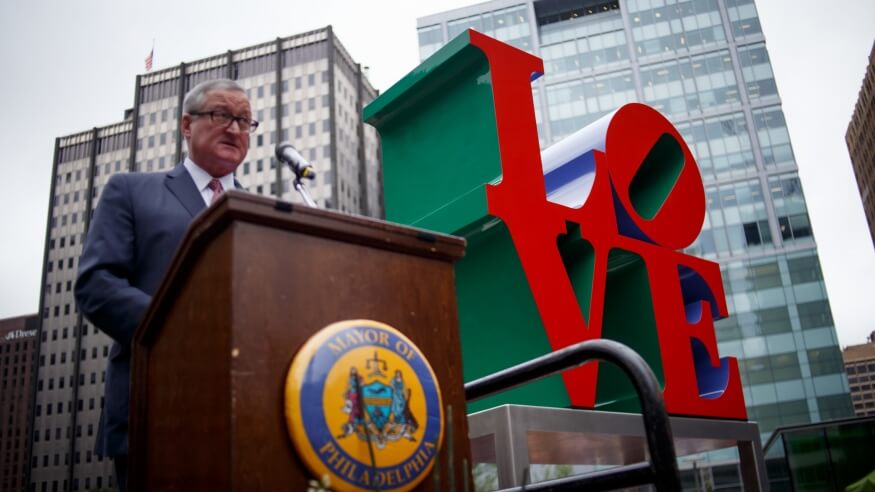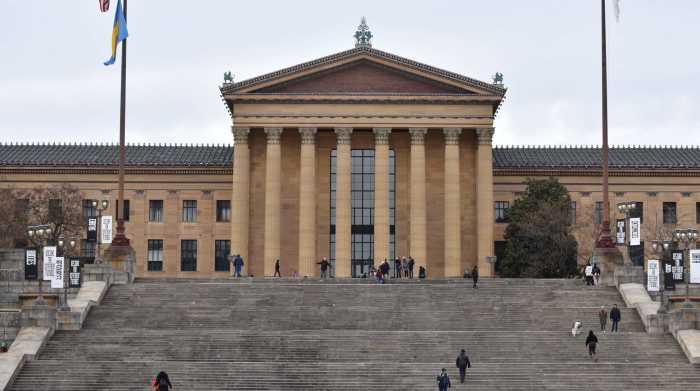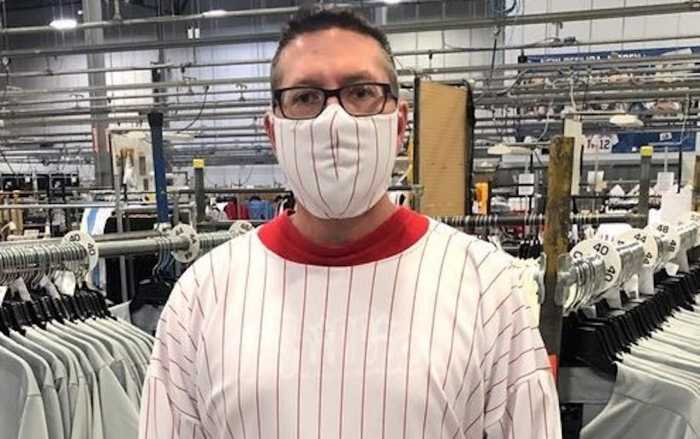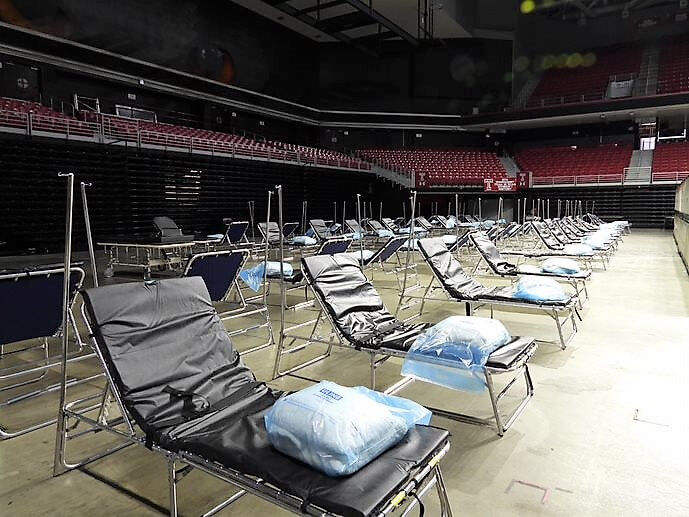Knowledge is power, and the best way to gain knowledge on the City of Philadelphia is to go right to the top. Every month, Metro will ask Mayor Jim Kenney questions pertaining to what is currently happening in the City of Sisterly Love—to get answers, give residents peace of mind and give each of us the power of being informed. This month, the column is focusing on questions pertaining to the coronavirus pandemic. Here is what Kenney had to say about how Philadelphia is continuing to handle COVID-19.
What exactly should people do if they feel that they are infected? Tests are being given to those over 50 who are displaying symptoms and healthcare workers. What about those who are younger and start to display symptoms—what steps should be taken and when is it deemed necessary to go to the hospital?
If you are otherwise healthy and your symptoms are mild, you do not need to seek health care evaluation for coronavirus. If you are experiencing a low-grade fever and cough and would typically manage these symptoms at home with over-the-counter medications, that is probably what you should do. It’s important that you stay away from other people until your symptoms go away. This means sleeping in a separate room, using a separate bathroom if you can, and not sharing plates or utensils. Someone who is sick with COVID-19 coronavirus should stay isolated from everyone else so they don’t spread it.
However, as is the case with all respiratory infections, a fever greater than 101 degrees F, difficulty breathing, chest pain, symptoms lasting longer than 72 hours and suspected dehydration are all reasons to seek medical attention. We urge you to call your healthcare provider before going to the hospital. All residents with medical questions can also call the Greater Philadelphia Coronavirus Helpline at 1-800-722-7112. The Helpline, free and available 24/7, is staffed by trained health professionals and is for anyone in the Greater Philadelphia area, including the public and healthcare providers, to help answer questions about COVID-19.
How exactly is the stay-at-home order going to be enforced? Will law enforcement get involved if there are groups gathering and what will the penalties be if people do not abide by the shelter-in-place?
All Philadelphia residents must remain home or at their place of residence unless they are engaged in essential personal activities that are spelled out in the order. We are optimistic that all residents will recognize the severity of the situation and will voluntarily stay home. If officers encounter situations of willful non-compliance, they will take appropriate action.
Are there any known Coronavirus scams or misinformation circulating in Philadelphia that people should be aware of?
• Price gouging – when companies or businesses overcharge for goods – is always a concern in times like this. Top products like cleaning supplies and bottled water are most likely to be price gouged. I encourage all Philadelphians who think this is happening to e-mail the State Attorney General’s office at pricegouging@attorneygeneral.gov. You should provide the name and location of the store and the specific product in question. A photo of the product and price is helpful too. The AG’s office has already contacted local businesses and made them change their prices thanks to consumer complaints.
• People should also be on the lookout for COVID-19 phishing emails. Scam emails about COVID-19 that impersonate organizations, like health or charity organizations, are becoming more frequent. These scam emails mimic or hide their identities so they can steal your login and password to infect your computer and network with malware. Use caution when opening attachments or links in emails unless you double-check that they’re from a trusted source.
• We’ve learned that some people are knocking on doors pretending to be Census takers and asking for donations. Please be aware that official Census workers will not be knocking on doors until after May 7, 2020.
This situation is unprecedented and there aren’t exactly guidelines telling us what to expect. Is there any sort of marker in your mind to display that we are on our way out of this situation?
The next two to three weeks are going to be very critical because we do expect confirmed cases to rise. But we’ll know that we’re on our way out of this unprecedented situation when cases begin to trend downward. While this crisis is unlike anything I’ve seen in my lifetime, my hope is that our city will continue banding together in equally unprecedented ways and that we’ll come out stronger as a result.

























